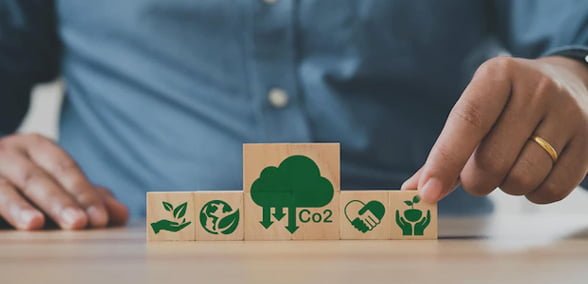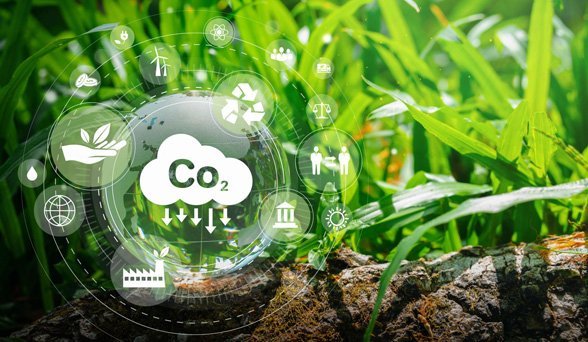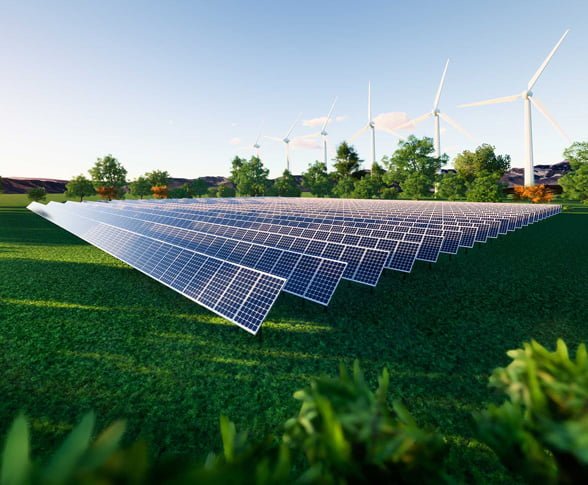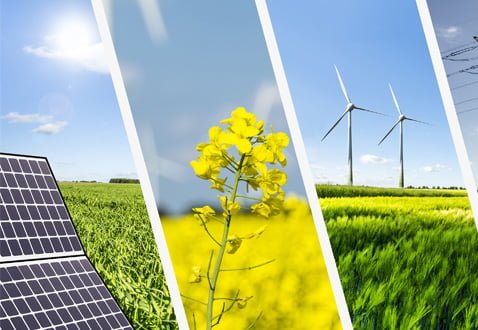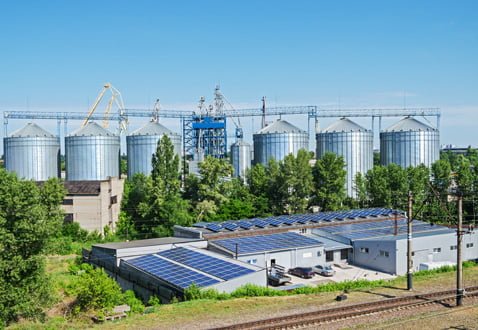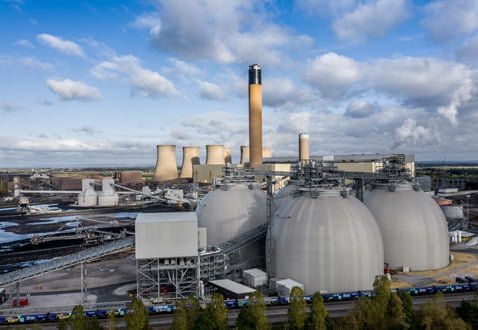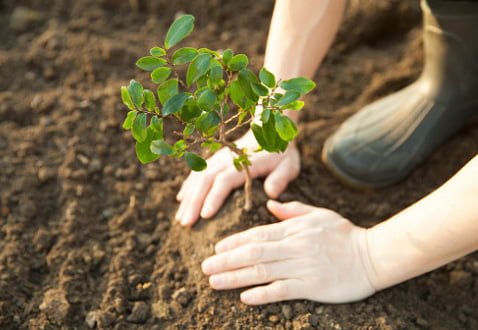'Control Your Energy Destiny or Someone Else Will.'
- About
- Commercial Solar Systems
- Energy Products
- Commercial Solar Powered Atmospheric Water Generator for Sale
- Complete Commercial Biogas Digester Systems
- Commercial Energy Management Systems
- Industrial UV Disinfection System: UV Light for HVAC & Water
- Commercial High Efficiency Gas Boilers
- High Efficiency Industrial Flow Control Valves
- Commercial Hydrogen Compressors
- Commercial Hydrogen Electrolyzer
- Commercial Hydrogen Fuel Cells
- Commercial Hydrogen Generators
- Commercial Waste Heat Recovery Turbines
- Commercial Thermal Ice Storage Systems
- Industrial Natural Gas Turbine Power Systems
- Commercial Solar Power Purchase Agreements (PPA)
- Commercial UV Water Treatment & Filtration Systems
- Geo-Thermal and Hydro Turbines
- Ammonia Cracker Unit
- Battery Energy Storage Systems
-
Ice Storage
-
Heat Storage
-
Thermochemical
-
Flow Battery
-
Complete Biogas Systems - Digesters
-
Create Water from Air
-
Water Filtration & Treatment
-
Energy Management Systems
-
UV Protection for HVAC & Water
-
Flow Valves - High Efficiency
-
Absorption Chillers
-
Power Purchase Agreements - PPA
-
Smart Energy
-
Geo-Thermal and Hydro Turbines
-
Ammonia Cracker Unit
-
mCHP For Home and Commercial Use
-
Bio-Diesel
-
Heat Pumps and Heat Pump Hydronics
-
Convert Semi’s to 100% Biodiesel
-
Led Lighting
-
MTD Water Saving Valve
-
CO2 Capture Equipment
-
SMR Reactors
-
Battery Energy Storage Systems (BESS)
Thermal Storage
Power Generation
Energy Saving Products
- Carbon Credits
- EV Charging Stations
- Financing
- Contact
- About
- Commercial Solar Systems
- Energy Products
- Commercial Solar Powered Atmospheric Water Generator for Sale
- Complete Commercial Biogas Digester Systems
- Commercial Energy Management Systems
- Industrial UV Disinfection System: UV Light for HVAC & Water
- Commercial High Efficiency Gas Boilers
- High Efficiency Industrial Flow Control Valves
- Commercial Hydrogen Compressors
- Commercial Hydrogen Electrolyzer
- Commercial Hydrogen Fuel Cells
- Commercial Hydrogen Generators
- Commercial Waste Heat Recovery Turbines
- Commercial Thermal Ice Storage Systems
- Industrial Natural Gas Turbine Power Systems
- Commercial Solar Power Purchase Agreements (PPA)
- Commercial UV Water Treatment & Filtration Systems
- Geo-Thermal and Hydro Turbines
- Ammonia Cracker Unit
- Battery Energy Storage Systems
-
Ice Storage
-
Heat Storage
-
Thermochemical
-
Flow Battery
-
Complete Biogas Systems - Digesters
-
Create Water from Air
-
Water Filtration & Treatment
-
Energy Management Systems
-
UV Protection for HVAC & Water
-
Flow Valves - High Efficiency
-
Absorption Chillers
-
Power Purchase Agreements - PPA
-
Smart Energy
-
Geo-Thermal and Hydro Turbines
-
Ammonia Cracker Unit
-
mCHP For Home and Commercial Use
-
Bio-Diesel
-
Heat Pumps and Heat Pump Hydronics
-
Convert Semi’s to 100% Biodiesel
-
Led Lighting
-
MTD Water Saving Valve
-
CO2 Capture Equipment
-
SMR Reactors
-
Battery Energy Storage Systems (BESS)
Thermal Storage
Power Generation
Energy Saving Products
- Carbon Credits
- EV Charging Stations
- Financing
- Contact


